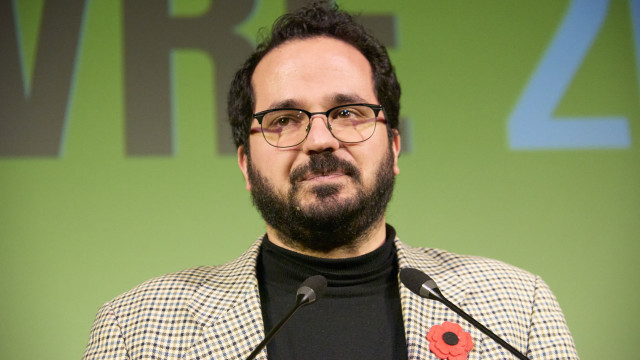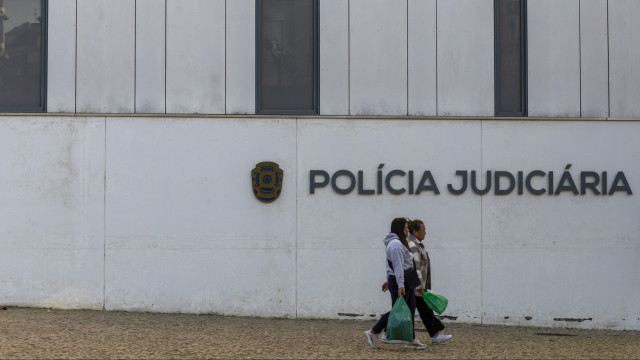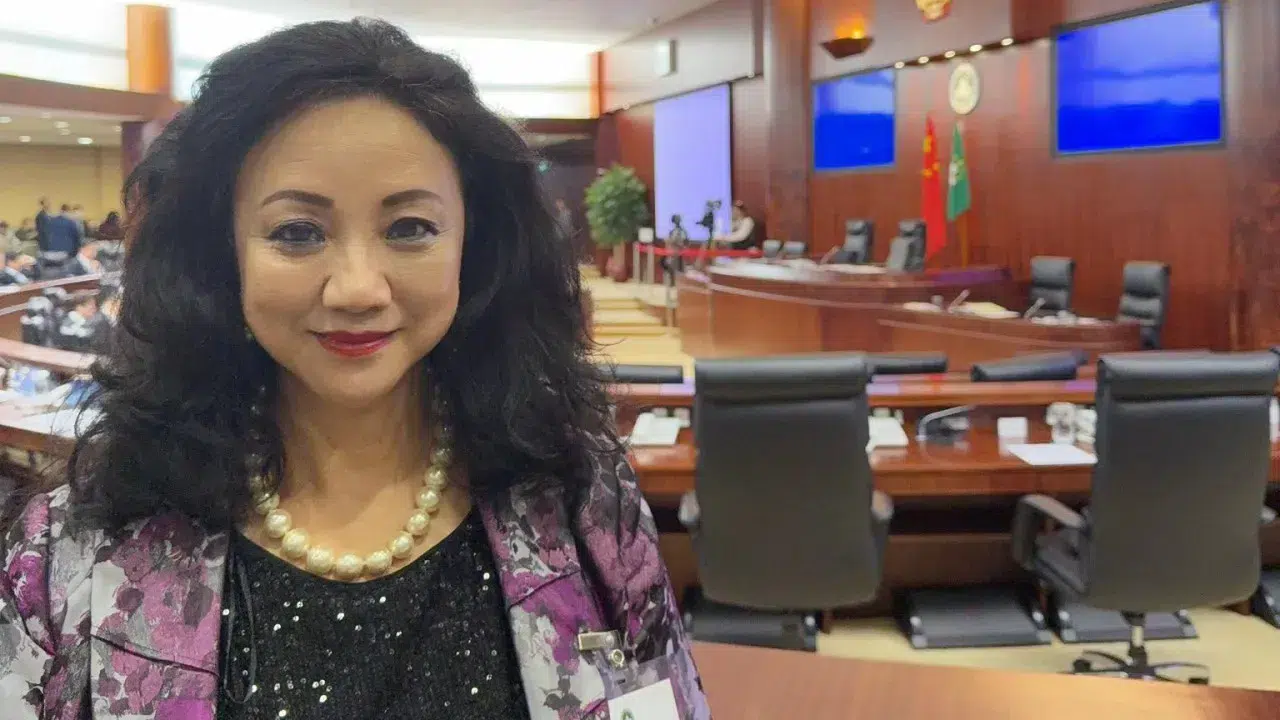Two days after the government announced it intends to proceed with several changes to the Nationality Law, the rules concerning the attribution of Portuguese nationality are set to be discussed this Wednesday in the Assembly of the Republic (AR). But what has been said on the topic? Here are the reactions, ranging from political to societal perspectives.
This Wednesday’s debate marks the first urgent debate of the new legislature, initiated by the party Chega, focusing on the “lack of control in the attribution of nationality and the need to limit family reunification.”
The president of Chega, André Ventura, suggested that this debate will be a first opportunity to see if there will be “a convergence of positions” and expressed hope that the government “will show openness to some issues that are important to change.”
On Monday, Ventura assured that his party will not be an obstacle to the facilitation of changes to the Nationality Law but insisted they should be effective and “go even further.” “I have always argued in politics that the key is to solve people’s problems. It will not be Chega that now blocks or creates obstacles to things that need to be resolved right away,” Ventura stated to journalists in Lisbon.
“And that is what we will seek to do in this legislative process: not be an obstacle, but ensure we can go even further, be more effective, ensure that those who have to enter, enter, and those who shouldn’t, don’t,” he added.
Meanwhile, the Socialist Party (PS) expressed an initially “negative” judgment on the announced changes, voicing concerns about their social impact and wanting to know if they were discussed with economic agents. “The initial assessment we make is not positive. We hope there will be willingness from the Government not to embark on a sudden change without discussing many subjects that have obtained broad consensus over the years,” warned interim parliamentary leader of PS, Pedro Delgado Alves.
The candidate for the position of secretary-general of PS, José Luís Carneiro, claimed there is “some lightness in the way the Government presented an issue, which is a matter of sovereignty of significant importance.” The former Minister of Internal Affairs also noted there might be “some unconstitutionality in some of the proposals” approved, reminding that they jeopardize a “historic consensus” among PS, PSD, and CDS-PP regarding the Nationality Law.
Hugo Soares, the parliamentary leader of the Social Democratic Party (PSD), accused the PS of disrupting the consensus surrounding the Nationality Law, arguing that the changes proposed by the government aim to correct “the mistakes made by socialists since 2018.” “In fact, there was a consensus that the Socialist Party ruined in 2018, which motivated the need for us to now correct those errors committed by the Socialist Party at the beginning of 2018,” he told journalists in Santarém.
The parliamentary leader of Liberal Initiative (IL) also attributed the “main responsibility” to the PS for the current “scenario” of the Nationality Law and agreed with the measures proposed by the government. “At the moment, exceptional measures are being presented for a scenario that is entirely created by the PS, with the main responsibility but also with the connivance of the other left-wing parties,” she charged.
When asked if she considers these measures a concession to the far-right, as accused by other parties, she responded negatively. “They are not a concession to any extreme, but an attempt to resolve a problem,” she remarked.
On the left, Paulo Muacho of Livre expressed doubts about the constitutionality and admitted that his parliamentary group might contribute to enabling a fifth of the deputies to appeal to the Constitutional Court.

These reactions to the measures approved by the government on Monday, in the Council of Ministers, were conveyed in parliament by the deputy of Livre Paulo Muacho, PCP parliamentary leader Paula Santos, and Left Bloc coordinator Mariana Mortágua.
Lusa | 12:34 – 24/06/2025
Paula Santos, parliamentary leader of the Portuguese Communist Party (PCP), accused the PSD/CDS executive of “contributing significantly to fueling the narrative of hate and division in Portuguese society,” while the coordinator of the Left Bloc (BE), Mariana Mortágua, considered that “the reform proposed by the government for immigration is inhumane, hypocritical, and opportunistic.”
Constitutionalists and judges divided over nationality removal for severe crimes
One of the government’s measures foresees the deprivation of Portuguese nationality, as an accessory penalty, to naturalized citizens convicted of serious crimes. However, constitutionalists Paulo Otero and Pedro Bacelar de Vasconcelos disagree on the constitutionality of the proposal.
In statements to the Lusa agency, constitutionalist Paulo Otero argues that the measure is not unconstitutional, considering that citizenship, when acquired through naturalization, “can be subject to a resolutive condition.”
Conversely, constitutionalist Pedro Bacelar de Vasconcelos, also to Lusa, rejects this logic, viewing the government’s proposal as a “perverse intersection” between the fight against crime and the right to nationality, which violates the “enshrinement of the value of human dignity” enshrined in the Portuguese Constitution.

Constitutionalists Paulo Otero and Pedro Bacelar de Vasconcelos are divided over the constitutionality of the government’s proposal to deprive Portuguese nationality, as an accessory penalty, to naturalized citizens convicted of serious crimes.
Lusa | 13:14 – 24/06/2025
Meanwhile, the president of the Portuguese Judges’ Union Association (ASJP), Nuno Matos, admitted that the government’s proposal on the loss of nationality might raise constitutional issues and reminded that a judge can refuse to apply a law if they have doubts about its constitutionality.
Nuno Matos further drew a parallel between what was announced by the government and what already happens with decisions on the expulsion of foreign citizens who commit crimes and serve sentences in the country, which are also accessory penalties applied by the court, admitting that the alterations the executive is preparing follow this direction, defining the crimes and the assumptions to be enshrined in law that will determine the loss of nationality.
Petition against changes to the Nationality Law gathers over 7,500 signatures
A petition against changing the nationality law, proposing a “fair transitional regime,” has gathered more than 7,500 signatures and will, therefore, have to be considered in the plenary of the Assembly of the Republic.
The petition currently boasts over 8,550 signatures as of this morning. The petitioners seek the creation of a transitional regime that temporarily maintains the five-year period for the naturalization of foreign residents legally in Portugal, in case of advancements in changes to the Nationality Law.
They demand that in cases of potential alterations to the law, which increase the required legal residency period for naturalization, a transitional regime is provided ensuring the application of the previous five-year period to foreign citizens who, at the time of the entrance of these amendments, legally reside in the country.




